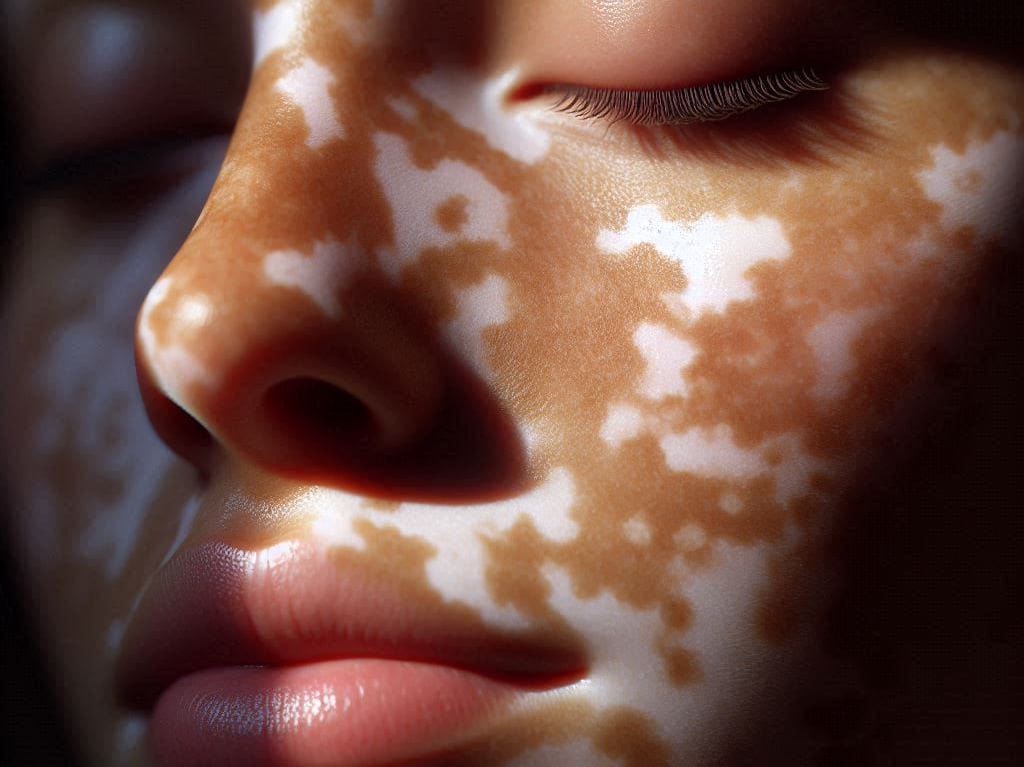Demystifying Vitiligo: Common FAQs and Myths Busted
Scroll down to understand the facts, helps combat stigma and promotes empathy. Let’s spread awareness about vitiligo!
FAQSSKIN DISEASE PATIENT EDUCATION


What is Vitiligo?
Vitiligo is a chronic skin condition characterized by the loss of pigment, resulting in white patches on various parts of the body. It occurs when melanocytes, the cells responsible for skin pigmentation, are destroyed. Despite its prevalence, vitiligo remains widely misunderstood, leading to numerous myths and misconceptions.
Is Vitiligo Contagious?
One of the most prevalent myths about vitiligo is that it is contagious. This is entirely false. Vitiligo cannot be spread through physical contact, sharing personal items, or any other means. It is an autoimmune condition, meaning the body's immune system mistakenly attacks its own cells, and it is not caused by any infectious agent.
Can Vitiligo Be Cured?
It depends on the type of vitiligo. There are multiple treatment options available. These treatments include topical corticosteroids, light therapy, and in some cases, surgical options. It's important to consult a dermatologist to discuss the best treatment plan based on individual needs and the extent of the condition.
Does Vitiligo Only Affect People with Dark Skin?
Vitiligo affects individuals of all skin types and ethnic backgrounds. However, it may be more noticeable in people with darker skin due to the contrast between the affected and unaffected areas. The psychological impact of vitiligo can be significant, regardless of skin color, and it's crucial to approach the topic with sensitivity and understanding.
Are There Lifestyle Changes That Can Help Manage Vitiligo?
While no specific lifestyle change can cure vitiligo, certain practices may help manage the condition. Protecting the skin from excessive sun exposure by using broad-spectrum sunscreen can prevent further pigment loss and reduce the risk of sunburn on depigmented areas. Additionally, maintaining a healthy diet and managing stress levels can contribute to overall well-being, which may positively impact skin health.
Is There a Link Between Vitiligo and Other Health Conditions?
Vitiligo is an autoimmune disorder, and individuals with vitiligo may be at a higher risk of developing other autoimmune conditions, such as thyroid disease, type 1 diabetes, or alopecia areata. Regular medical check-ups can help monitor and manage these potential health risks.
Conclusion
Vitiligo is a complex condition surrounded by numerous myths and misconceptions. By understanding the facts and dispelling these myths, we can foster a more supportive and informed community for those affected by vitiligo. If you or someone you know has vitiligo, seeking medical advice and support is essential to managing the condition effectively.
